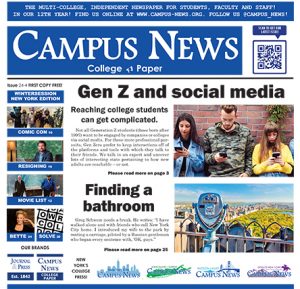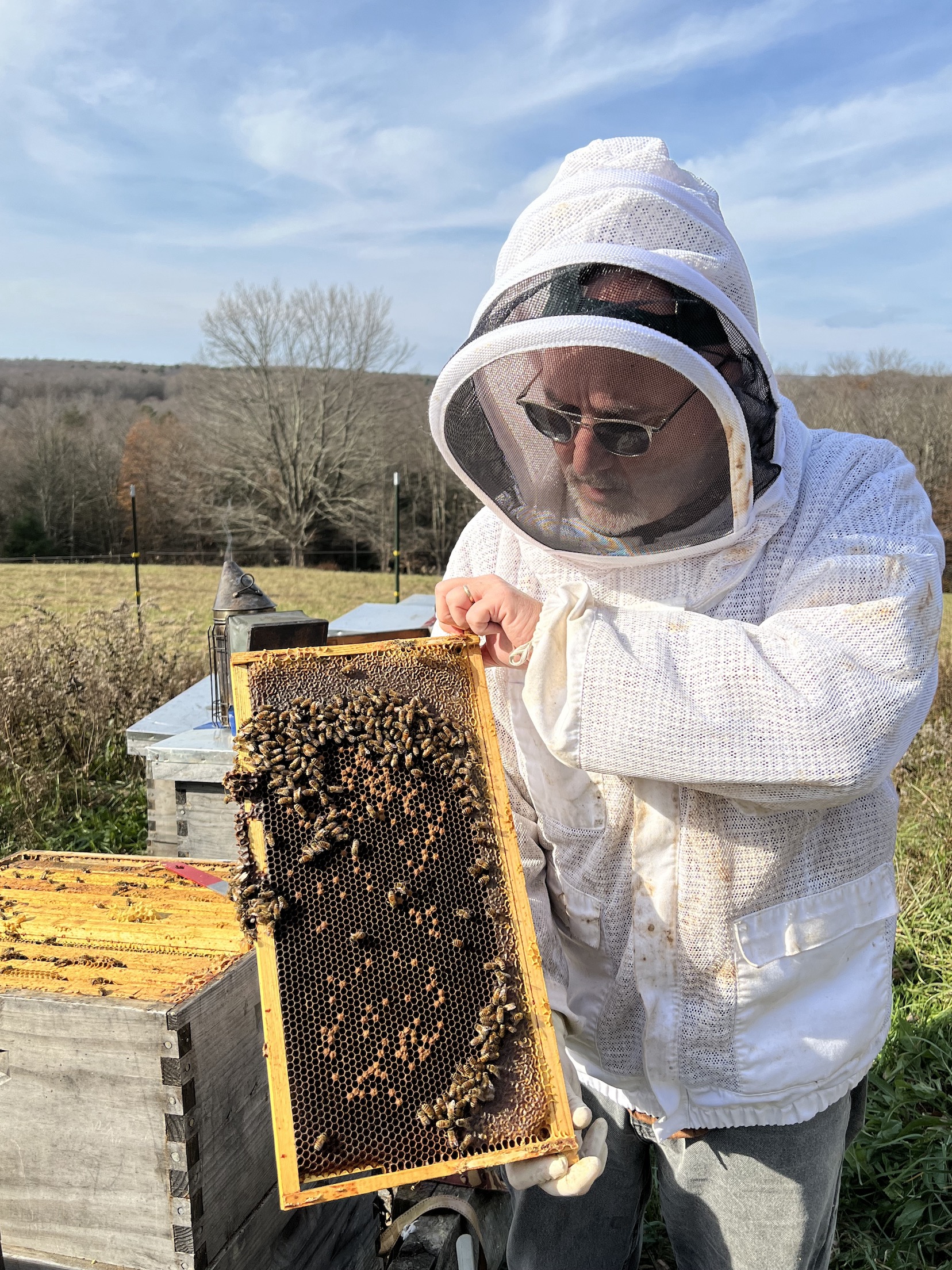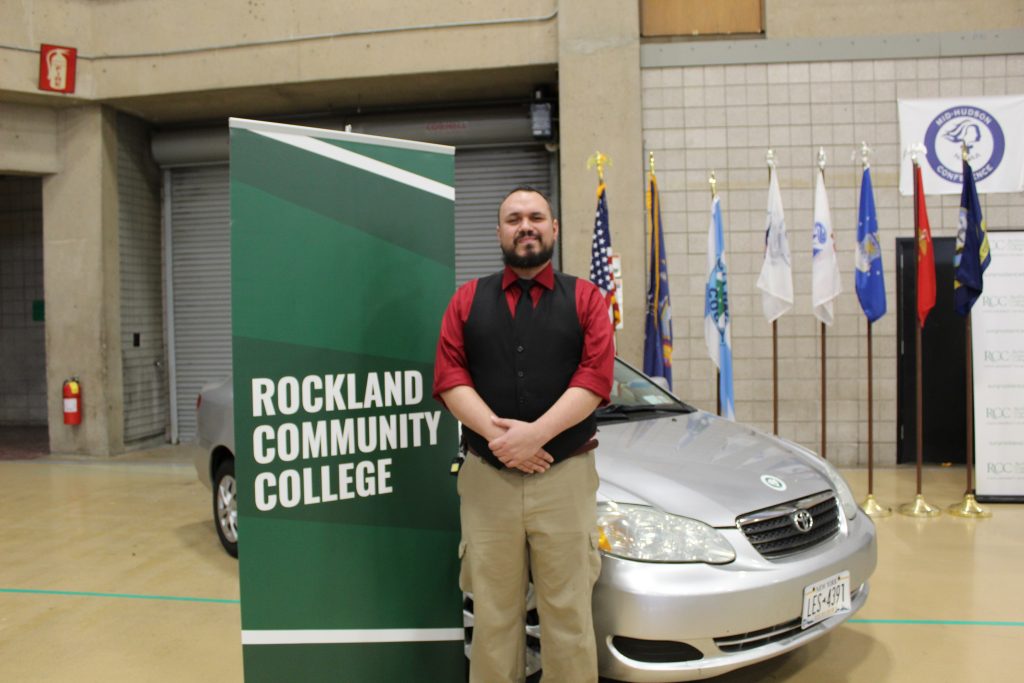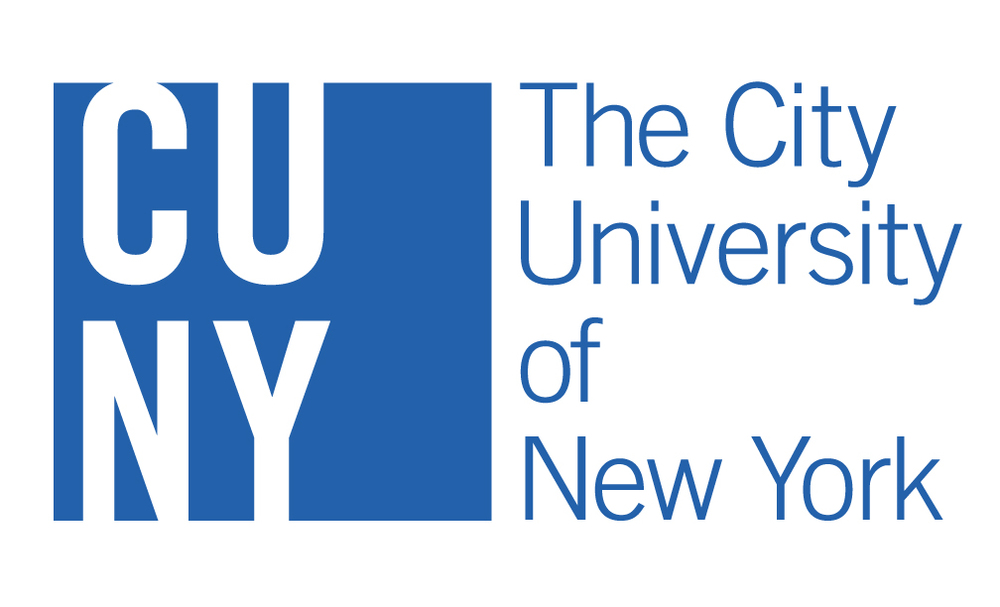Setting the thermostat at 92 degrees this winter might sound a little extreme, but that’s exactly what will happen inside five honeybee hives in SUNY Sullivan’s apiary.
“Female worker bees will cluster in the center of the hive to keep the queen warm throughout the winter, at around 92 degrees,” said Economics Professor and campus beekeeper Art Riegal ‘81. “A football-shaped cluster of honeybees will surround the middle 4-5 frames of each hive with the queen in the middle. The bees warm the cluster by vibrating their abdomen and wing muscles (disengaging their wings) using calories from consuming their honey reserves. Honeybees can heat their bodies up to 111 degrees Fahrenheit.”
Riegal, who teaches business courses for the Catskill Hospitality Institute at SUNY Sullivan, and Tofowa Pyle ‘21, a student in the College’s Green Building Technology Program, recently spent several hours winterizing Sullivan’s hives to help protect and keep them healthy this winter. The work included wrapping the hives in roofing paper to help insulate them, placing insulation boards on top, and slightly tilting the hives to provide ventilation and prevent condensation from building up inside.

“Bees can survive cold. Bees can survive wet . . . Bees can’t survive cold and wet,” said Riegal, “It’s really important that you tilt your hive a little bit so the condensation rolls off and you’ve got some ventilation, so (air) can come up through and ventilate out in the wintertime and the balance of moisture in the hive does not overwhelm the bees and doesn’t turn into ice crystals and kill them.”
SUNY Sullivan’s apiary has five active hives and was established in 2017 by Riegal with support and guidance from the College’s Sustainability Committee. Highlighting the College’s commitment to environmental sustainability and education, the apiary serves as a growing center for apiculture education on campus, supplies honey to the College’s new food pantry and the Culinary Arts Program, and provides the nearby Hope Farm and the SUNY Sullivan Community Garden with a thriving community of pollinators.





Facebook Comments